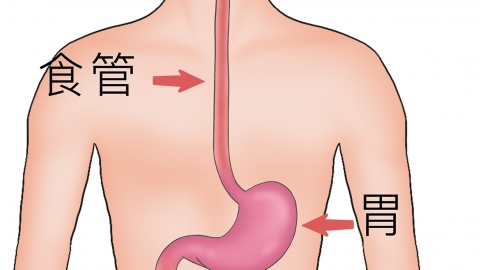Are patients who have undergone cholecystectomy more likely to develop colorectal cancer?
In general, whether patients who have undergone cholecystectomy are more likely to develop colorectal cancer should be comprehensively evaluated based on individual circumstances. If experiencing discomfort or concerns, it is recommended to seek timely medical advice from a healthcare professional. The specific analysis is as follows:

If after cholecystectomy the patient consistently maintains a healthy lifestyle—such as adhering to a low-fat, high-fiber diet, engaging in regular physical activity—and has no risk factors such as a family history of colorectal cancer or intestinal polyps, the body's bile acid metabolism in the intestine can gradually adapt to the changes. In this case, bile acid irritation to the intestinal mucosa remains at a low level, and the risk of developing colorectal cancer typically does not significantly increase, showing little difference compared to the general population.
However, if after surgery the patient has an unhealthy diet, frequently consuming high-fat and low-fiber foods, or already has risk factors such as a family history of colorectal cancer or chronic intestinal inflammation, bile acids may remain in the intestines for longer periods. This could lead to increased production of secondary bile acids and heightened irritation to the intestinal mucosa, potentially elevating the risk of colorectal cancer over time.
Patients who have had their gallbladder removed should undergo regular bowel health screenings, such as colonoscopies, especially those over the age of 50 or with known risk factors. In daily life, they should focus on balanced nutrition, reduce intake of high-fat foods, increase consumption of vegetables, fruits, and other fiber-rich foods, and maintain a regular lifestyle to lower the risk of intestinal diseases.




